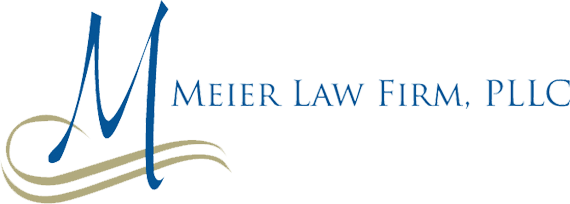Not just anyone can make decisions for their elderly loved ones. Elder law in New York has very definitive rules about protecting seniors’ rights and their welfare. So, for adult children or any family members caring for elderly loved ones, there is some documentation necessary to give them legal authority to act. It is better to see to these things sooner, rather than later.
Many family members don’t realize that they can’t just step in and make decisions for their elderly loved ones. If those documents aren’t in order, a family court petition to obtain guardianship may be necessary. One of the first orders of business is to fill out a Health Information Portability and Accountability Act authorization form, which will let a health care team share medical information about a person with family members. The form states that the person allows this information to be divulged.
An advance care health directive — also known as a living will — is a document allowing people to state their end-of-life care wishes. This document removes that burden from loved ones. It states what medical treatment a person will and will not accept and whether the person would want to be resuscitated or put on life support. A health care proxy — or a medical power of attorney — enables a person to authorize a family member or friend to make health care decisions on his or her behalf should the person granting the power be unable to do so. This document must be executed while the person is still mentally capable of making decisions.
New York elder law can be complicated and confusing. Elders and their family members who have questions about what can and can’t be done in terms of those laws can turn to an experienced attorney for help. It is best to get the proper information rather than writing documents that aren’t legally sound.
